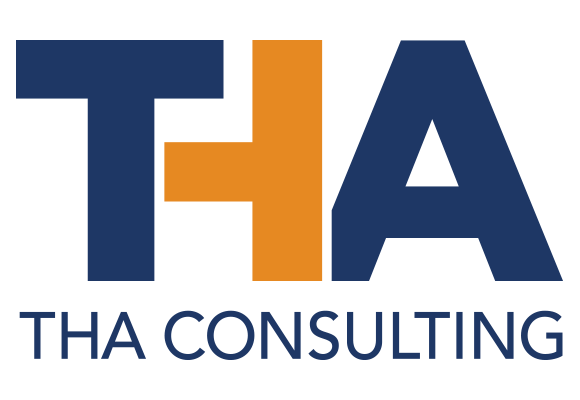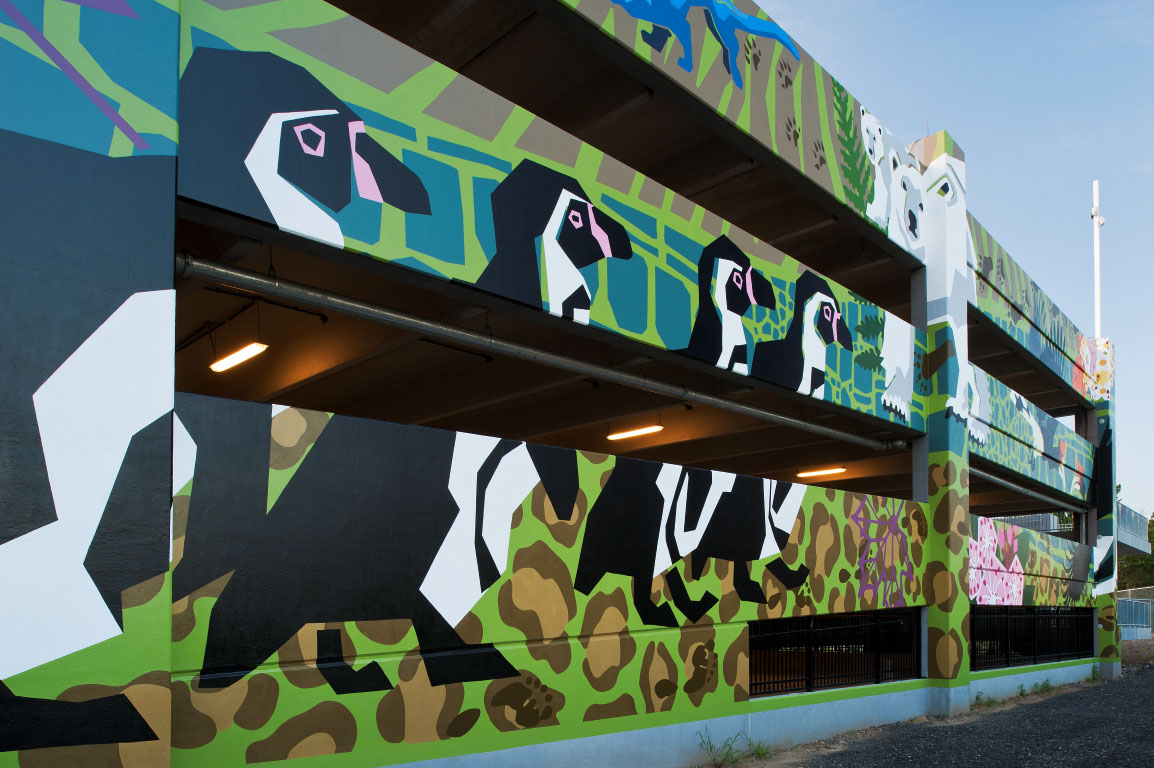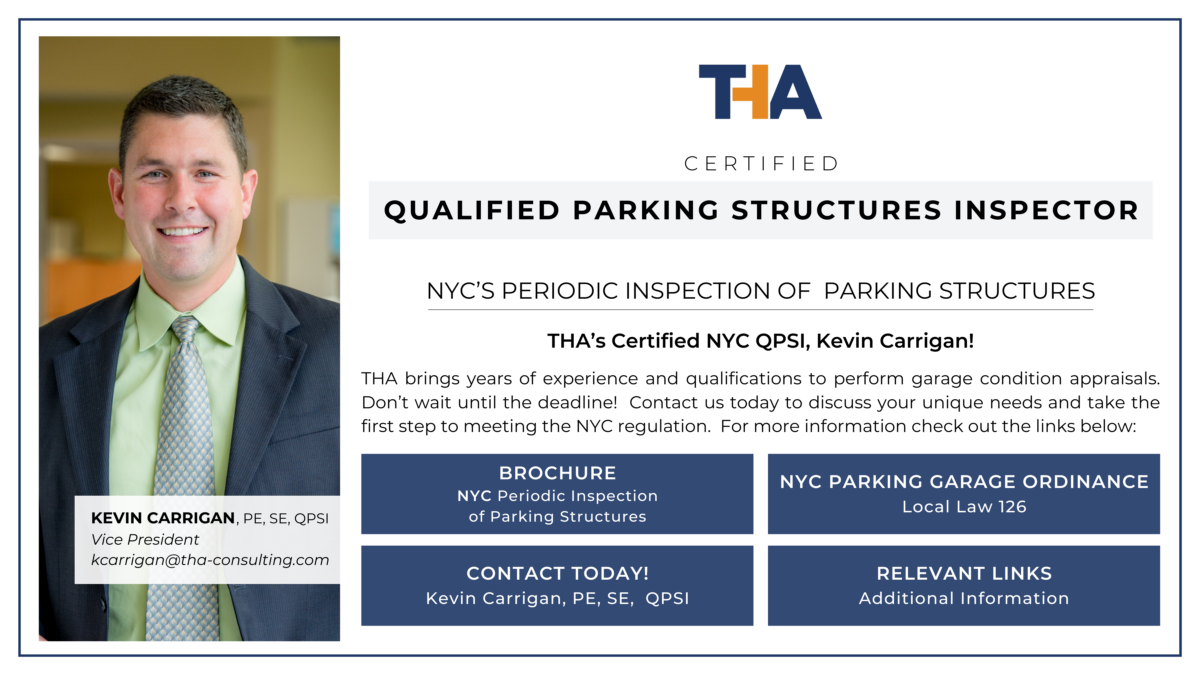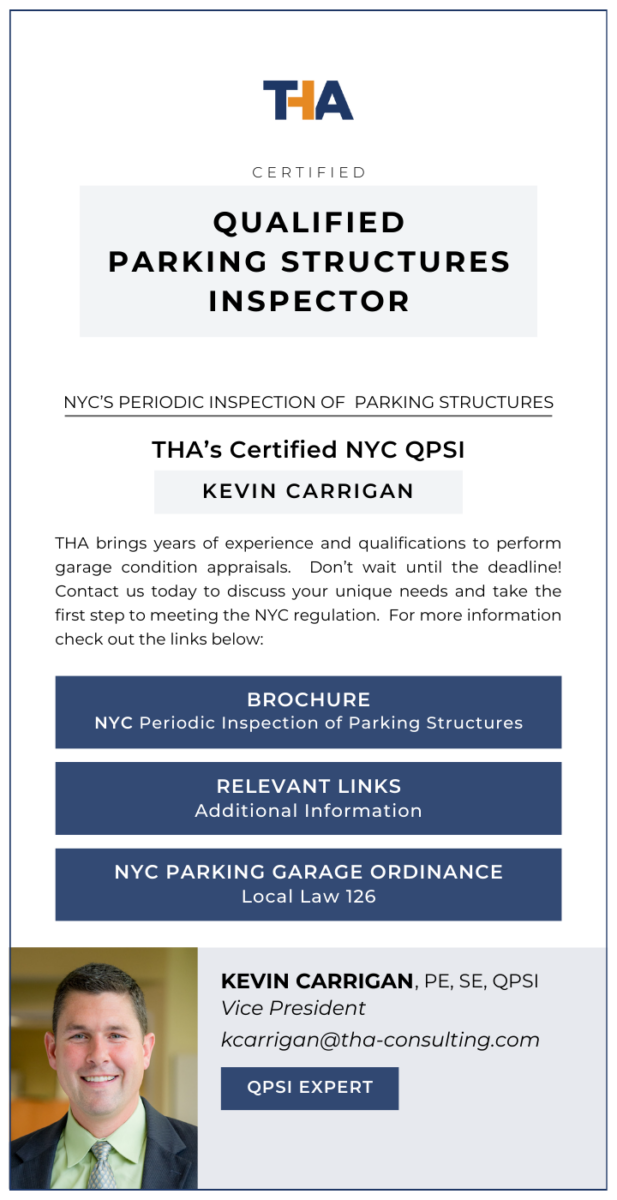What are best practices to integrate façade design and aesthetics in parking and mixed-use facilities?
Parking structures are typically associated with an adjacent or mixed-use building that offers its own architectural aesthetic. Design of the interior and exterior of the parking should consider drawing from that unique aesthetic and provide an extension of that quality of space. Stand-alone parking structures should also work within the context of their surroundings.
Parking is often the first experience people have when visiting a destination, and the last experience they have when leaving. This lasting impression plays a major factor into people’s decision whether or not to return. Therefore, the design of the parking facility must provide an attractive, vibrant, and pleasant experience for users.
Façade design can make or break a project. Renderings, physical models, 3-D modeling, and other visual depictions are now essential in the design and approval process. It matters what parking looks like – no matter the purpose. In serving high rise apartments, train stations, town centers, and more, the architecture of parking is now of critical importance. Metal facades, LED lighting, murals, art installations – each of these add more than sheer aesthetic value. They increase the sense of place, to serve the people that use and view the building.
The integration of a healthy mix of uses further demonstrates the need for architecture to serve people. The buildings we design impact not only the people who enter them, but also the passersby, and the neighborhood or context around it. We often recommend providing retail and other uses at grade to activate the streetscape, and serve related and auxiliary needs to the parking structure itself. The complementary nature of this mixed-use is indicative of our complex society and changing needs (and desires) as people.
*Federal, State, and Local codes govern most of these requirements and should be thoroughly investigated. Data presented herein should be considered guidelines only. For more specific information and assistance with implementation of these guidelines, please contact THA Consulting, Inc. via email at info@tha-consulting.com



